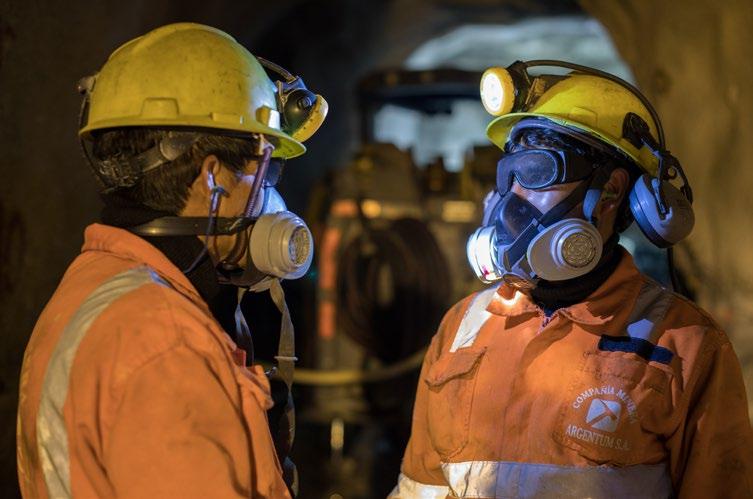Sustainability Challenges and Opportunities Q&A with Brent Bergeron, Senior Vice President, Corporate Affairs and Sustainability Q: Since joining Pan American Silver in 2019, what do you see as the Company’s key sustainability challenges and opportunities? A: Pan American Silver faces many of the same key challenges as those faced by other international mining companies. We are under constant pressure to be more efficient and productive, and at the same time make our operations safer and improve our environmental and social performance. We have operations in areas subject to political, and therefore economic and social instability, which underscores the importance of on-going dialogue and building trust with host communities, NGOs, and governments. We must continuously demonstrate an ability to provide value to broader stakeholders. One of the biggest opportunities for us going forward is to develop a more systematic approach to managing, measuring, and monitoring our sustainability objectives and sustainability risks. Pan American Silver has traditionally been a decentralized company with a strong sense of entrepreneurship. This structure has allowed operations to be responsive to local issues and to create successful context-specific sustainability programs and innovations. In the past year, we doubled our size and expanded geographically, so it is vital for us to implement systems that enable all of our operations to meet global sustainability standards and stakeholder expectations. This will help us manage risk, maintain credibility, and be successful in the long term. Q: How is the mining industry responding to critical sustainability issues such as climate change? A: Progressive mining companies recognize the need to move away from traditional ways of doing business. I see technology and innovation as offering the greatest potential for the industry to respond in a meaningful way to sustainability challenges, while at the same time meeting business objectives. For example, we can electrify mining equipment traditionally powered by diesel. This not only reduces greenhouse gas emissions, but it can also reduce operating costs. There are benefits to workers’ health as well, such as improvements in underground and/or local air quality and reductions in mine noise. When considering innovation, it will be increasingly important for companies to look for the overlap of business and community objectives. For instance, reducing freshwater consumption through reuse or recycling or using new processing technologies can create efficiencies and lower operating costs. By collaborating with communities on water management, we can find ways to support community goals and alleviate concerns around competition for water.
24 // 2019 SUSTAINABILITY REPORT

















